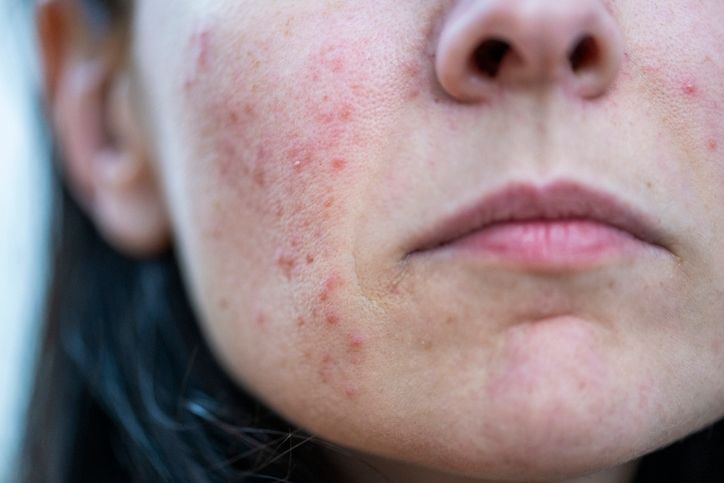
Book Now to Experience
Acne Treatment
1 Minute Self-Registration
Date should not be before minimal date
Author: Natalie Ng|1 April 2025
Over-exfoliating can do more harm than good. While exfoliation helps remove dead skin cells and keep your skin smooth, too much of it can damage your skin barrier, leading to irritation, dryness, and increased sensitivity. Your skin barrier—also known as the epidermal barrier—is your first line of defense against external factors like pollution, UV rays, and harsh skincare products. When your skin barrier is damaged, it struggles to keep moisture in and irritants out, causing redness, burning, and breakouts. So how do you know when you’re exfoliating too much, and how can you repair a damaged skin barrier? Keep reading to learn how to keep your skin barrier healthy and your skincare routine balanced.

1
Functions of Your Skin’s Natural Barrier
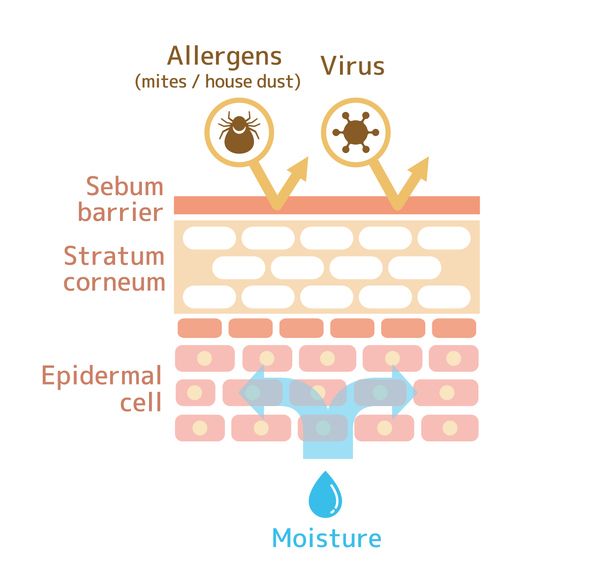
1. Prevents Moisture Loss
2. Protects Against External Damage
3. Supports Skin Repair and Renewal
4. Maintains Skin’s pH Balance


2
Warning Signs of Over-Exfoliation
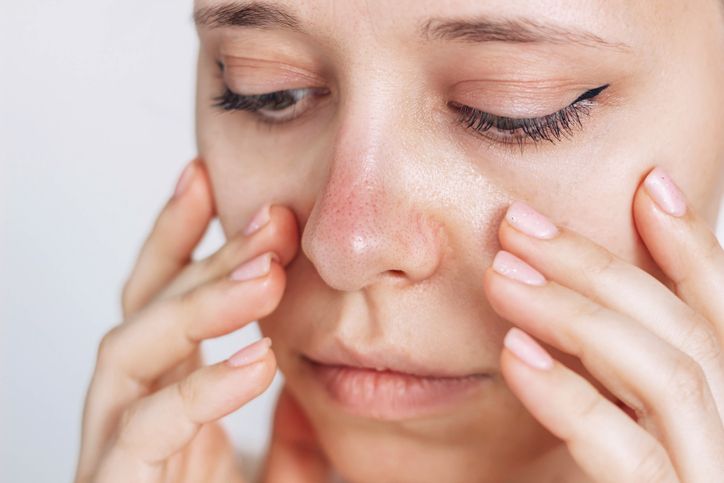
Immediate Signs: What Happens Right After Over-Exfoliating?
Delayed Signs: Damage That Shows Up Days or Weeks Later

3
Causes of a Damaged Skin Barrier
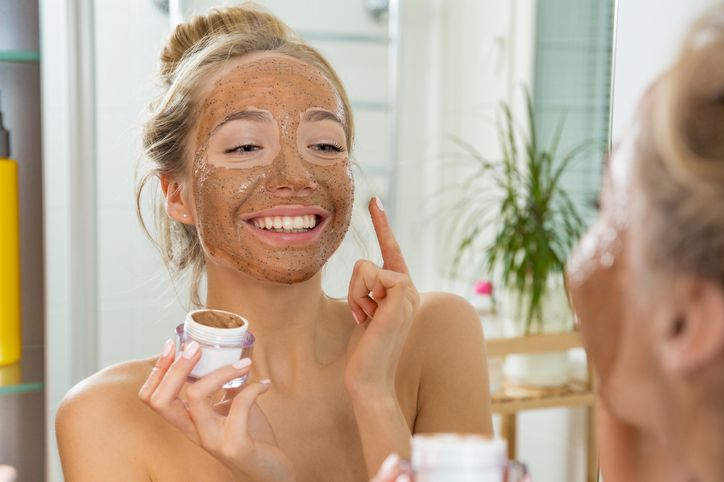
1. Over-Exfoliation
2. Transepidermal Water Loss (TEWL)
3. Impact of Harsh Skincare Products


4
Common Exfoliation Mistakes to Avoid

1. Exfoliating Too Often
2. Using Harsh Physical Scrubs
3. Ignoring Signs of Sensitivity
4. Skipping Moisturizer After Exfoliation
5. Choosing the Wrong Exfoliation Products

Book Now to Experience
Acne Treatment
1 Minute Self-Registration
Date should not be before minimal date

5
Over-Exfoliation Accelerates Aging?
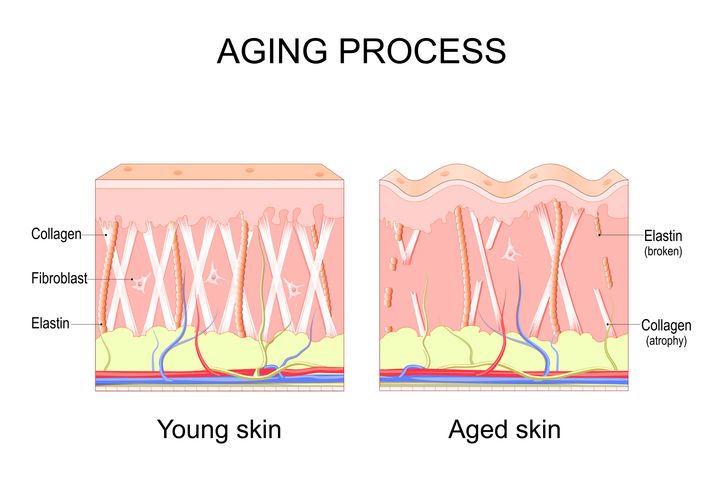
1. Over-Exfoliation Breaks Down Collagen
2. Moisture Loss and Dehydration
3. Chronic Inflammation
4. Increased UV Damage and Pigmentation Issues


6
Restoring Your Damaged Skin Barrier
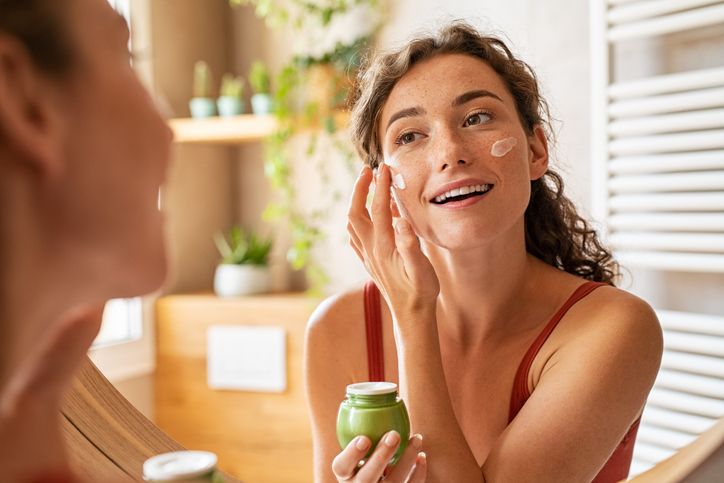
How to Repair a Compromised Skin Barrier
1. Choose the Right Cleanser
2. Moisturize to Restore the Lipid Layer
3. Use Natural Skincare Ingredients
4. Protect Your Skin From The Sun
How Long Does Skin Barrier Repair Take?
Read More

7
Maintain Healthy Skin In The Long-Term

1. Maintain a Balanced Skincare Routine
2. Keep Skin Hydrated from the Inside Out
3. Avoid Harsh Skincare Practices
4. Pay Attention To Warning Signs Of Your Skin


8
Repairing a Damaged Skin Barrier with New Beauty’s Acne Treatment

How the Acne Treatment Supports Skin Barrier Repair
Advantages of the Acne Treatment
Who Can Benefit from This Treatment?
How Many Sessions Are Needed?
FAQ
Can Over-Exfoliation Cause Permanent Scarring or Damage to the Skin?
Yes, over-exfoliation can cause permanent damage to your skin through multiple mechanisms. When you exfoliate too aggressively or frequently, you'll break down essential collagen and elastin, leading to premature aging and lasting texture changes. You're also at risk of permanent scarring, especially if the compromised skin becomes infected, and you'll likely experience chronic barrier dysfunction, which can result in persistent sensitivity and hyperpigmentation issues.
How Long Does It Typically Take for an Over-Exfoliated Skin Barrier to Heal?
Your over-exfoliated skin barrier typically takes 2-4 weeks to heal completely, though you'll notice initial improvements within 1-2 weeks as redness and sensitivity decrease. The exact recovery time depends on several factors, including the severity of damage, your skin type, and how well you follow a gentle skincare routine. During this period, you'll need to stop all exfoliants and focus on barrier-repair products with ceramides and hyaluronic acid.
Is It Safe to Wear Makeup While Recovering From Over-Exfoliation?
While it's best to let your skin heal completely without makeup, you can wear minimal products if necessary, but you'll need to choose carefully. Opt for gentle, mineral-based formulas and hypoallergenic products that won't further irritate your compromised skin barrier. Avoid heavy foundations, fragranced products, and anything containing active ingredients like acids or retinol. If you must wear makeup, apply it gently and keep your routine simple.
Should I Stop Using Retinol Products if I've Over-Exfoliated My Skin?
Imagine your skin as a delicate shield, now compromised from over-exfoliation - adding retinol would be like throwing salt on a wound. You should immediately stop using retinol products until your skin barrier heals completely. Retinol's cell-turnover properties can worsen irritation, delay recovery, and increase sensitivity. Instead, focus on gentle, barrier-repairing ingredients like ceramides and hyaluronic acid, then gradually reintroduce retinol once your skin has fully recovered.
Can Humid or Dry Climates Affect How Often I Should Exfoliate?
Yes, your climate substantially affects your exfoliation needs. In humid environments, you'll need to exfoliate more frequently due to increased oil production and sweat buildup, but stick to gentle chemical exfoliants to avoid irritation. In dry climates, you should reduce your exfoliation frequency since your skin barrier is already stressed from moisture loss. Always adjust your routine based on how your skin responds to the local environment.

Book Now to Experience
Acne Treatment
1 Minute Self-Registration
Date should not be before minimal date
Recommended Articles
COPYRIGHT© NEW BEAUTY MANAGEMENT LIMITED 2026. ALL RIGHT RESERVED.

